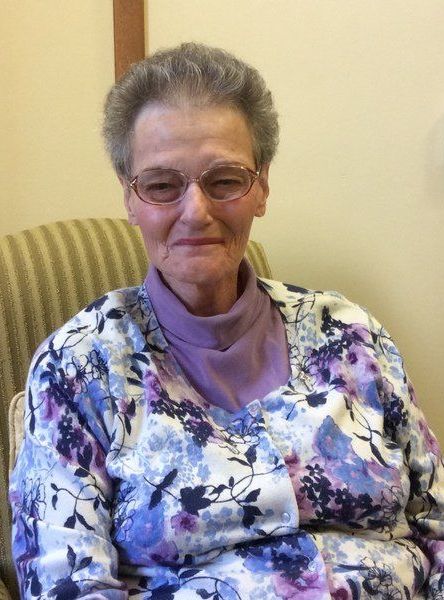Apr 26, 2016
Minimally invasive colitis screening using infrared technology could offer fast, simple test
Posted by Karen Hurst in category: biotech/medical
Could we use this for colon scopes? I know many who would like to stop drining the speciality milk shake from their local drug stores prior to the date with the GI.
A minimally invasive screening for ulcerative colitis, a debilitating gastrointestinal tract disorder, using emerging infrared technology could be a rapid and cost-effective method for detecting disease that eliminates the need for biopsies and intrusive testing of the human body, according to researchers at Georgia State University.
The technique involves testing serum, the clear liquid that can be separated from clotted blood, for the increased presence of mannose, a sugar that is a marker for colitis, using Attenuated Total Reflectance Fourier Transform Infrared (ATR-FTIR) spectroscopy. This technology is sensitive to vibrations in the chemical bonds of the serum sample’s molecules and requires minimal sample preparation, making it a rapid diagnostic alternative.

















